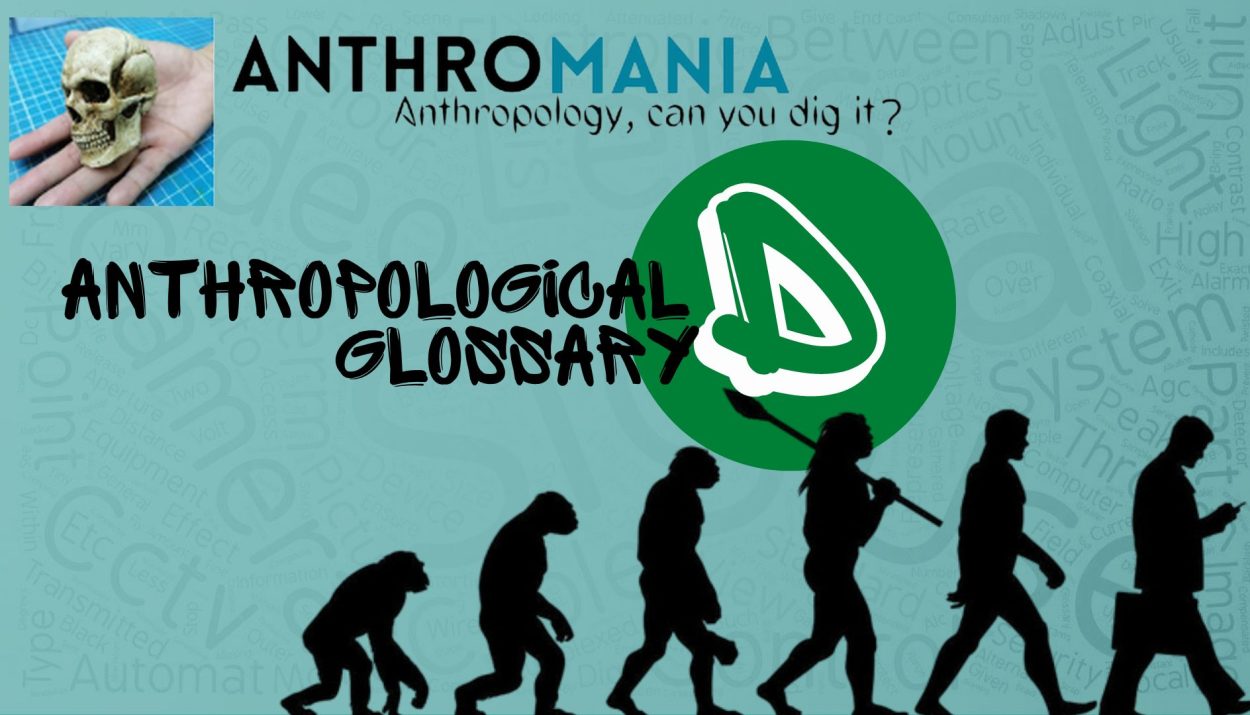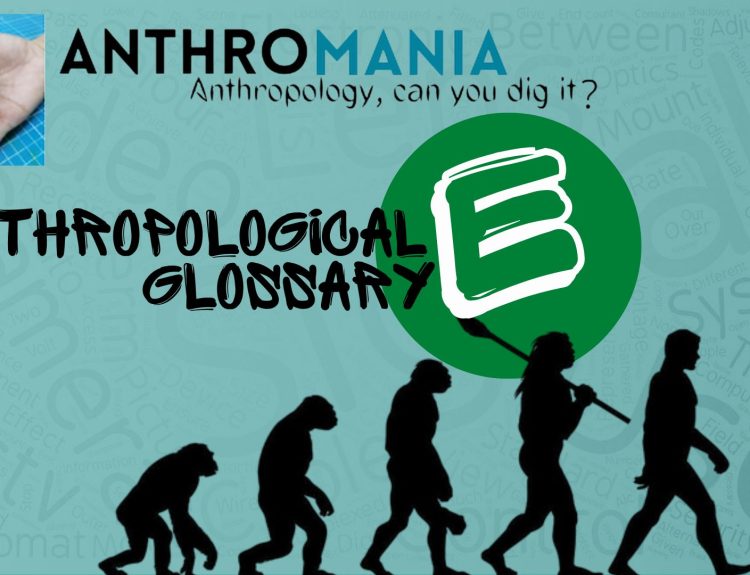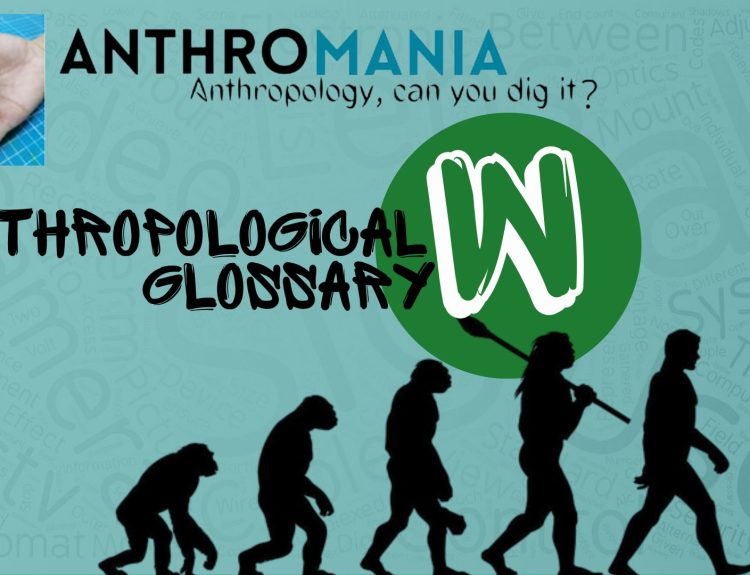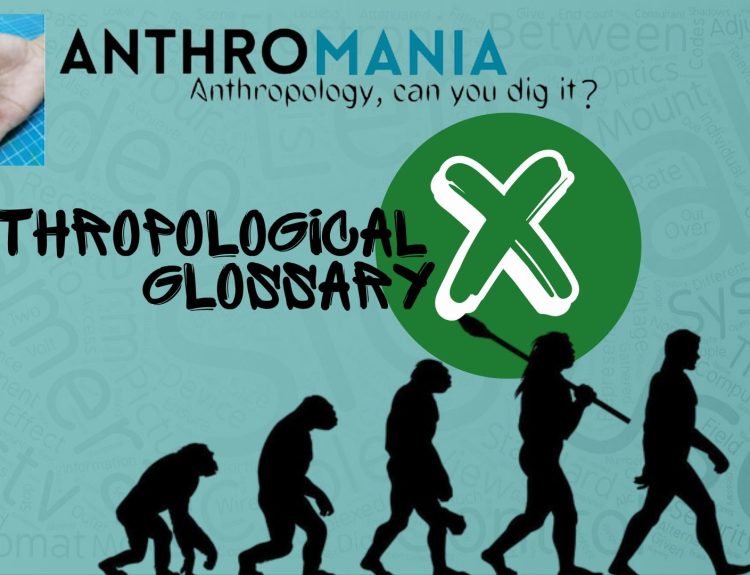The article “Anthropological Glossary (Letter D)” aims to elucidate fundamental terminology employed in the field of anthropology.
Darwinism: A scientific theory based on Charles Darwin’s work on evolution by natural selection. It proposes that species evolve over time through the differential survival and reproduction of individuals with advantageous traits, leading to the adaptation of species to their environments.
Data collection: The systematic process of gathering information or facts to create a structured dataset. It involves various methods, such as surveys, observations, interviews, or sensor readings, to capture relevant data points.
Dead Sea Scrolls: A collection of ancient Jewish religious texts and manuscripts discovered between 1947 and 1956 in the vicinity of the Dead Sea.
Decolonization: The political, social, and cultural process by which a colonized territory or people regain their sovereignty and independence from the colonizing power.
Deculturation: The process of losing or eroding one’s cultural traditions, values, and practices, often due to external influences, colonization, or forced assimilation.
Deepfake: A synthetic media creation produced using artificial intelligence techniques, typically deep learning. It involves superimposing or replacing existing audio or video content with fabricated, highly realistic, and often misleading material.
Déjà vu: A psychological phenomenon where a person feels a strong sense of familiarity with a situation or experience as if they’ve encountered it before, even though it’s happening for the first time.
Demography: The study of population dynamics, including birth rates, death rates, migration patterns, and their social and cultural implications.
Dendrochronology: or tree ring dating, is a scientific technique that analyzes the growth rings in tree trunks to determine the age of trees and the environmental conditions during their growth.
Denisovans: A group of archaic humans. They are named after the Denisova caves found in Siberia, Russia.
Descent Group: A kinship group in which members trace their ancestry and inheritance through a common line of descent, such as a clan or lineage.
Desertification: The process by which fertile land becomes increasingly arid, losing its productivity and biodiversity.
Development: A broader concept than growth, encompassing continuous physical, mental, and social changes throughout one’s life.
Developmental anthropology: A specialized field that combines the principles of anthropology with the study of development and social change.
Dharma: The first and foremost Purushartha, refers to the ethical and moral duties and responsibilities that individuals should follow to live in harmony with the universe and society.
Diakinesis: The final substage of prophase I in meiosis. During diakinesis, homologous chromosomes continue to condense and become clearly visible.
Dialect: A regional or social variety of a language that differs in pronunciation, vocabulary, or grammar, but is still mutually intelligible with the standard language.
Diaspora: The dispersion or scattering of a people, often used to describe the dispersion of an ethnic or cultural group beyond their homeland.
Diffusion: The spread of cultural traits, ideas, or practices from one society to another, often through trade, migration, or contact.
Diplotene: A stage in meiosis, occurring during prophase I. During diplotene, paired homologous chromosomes, each consisting of two sister chromatids, begin to separate but remain connected at specific points called chiasmata.
Diversity: The presence of a variety of cultural, ethnic, or social groups within a given society or region.
Division of Labor: The specialization of tasks and roles within a society or group, often based on factors like gender, age, or skill.
Domestication: The process by which plants or animals are selectively bred or manipulated by humans to better suit their needs, leading to the development of agricultural and domesticated species.
Dominant Culture: The culture that holds the most power, influence, or control within a society, often at the expense of other minority cultures.
Double Descent: A kinship system in which an individual belongs to both their mother’s and father’s descent groups simultaneously.
Dowry: A transfer of parental property, wealth, or gifts from the bride’s family to the groom’s family as part of a marriage arrangement, found in many cultures.
Drift: In genetics, random changes in the frequency of alleles in a population over time, typically due to chance rather than natural selection.
Drought: A prolonged period of abnormally low rainfall, resulting in water scarcity and affecting ecosystems, agriculture, and human populations.
Dual Descent: A kinship system that combines elements of both matrilineal and patrilineal descent, where individuals have rights and obligations in both their mother’s and father’s lineages.
Dyad: A social group consisting of two individuals who interact with each other, often used in social network analysis.
Dyadic Relationships: Social relationships or interactions that involve only two people, such as friendships, partnerships, or marriages.







